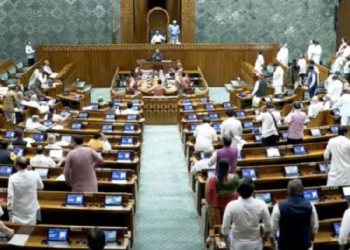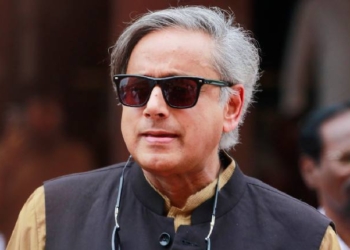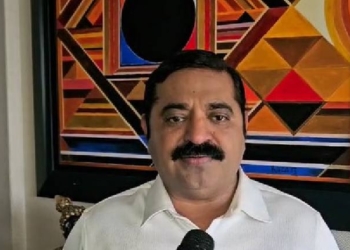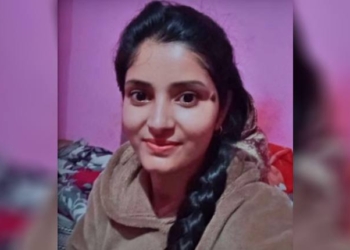New Delhi: Union Health Minister Mansukh Mandaviya on Wednesday chaired a meeting to review the status of Kala Azar disease in the four endemic states of Bihar, Uttar Pradesh, Jharkhand and West Bengal.
“India is committed to eliminating Kala Azar from the country by 2023. 632 (99.8%) endemic blocks have already achieved elimination status (1 case/10,000). Only one block (Littipara) of Pakur district, Jharkhand is in the endemic category (1.23 case/10,000 population). We are working holistically with the state government and other stakeholders to achieve elimination in Jharkhand”, said Mandaviya while chairing the meeting with MoS Health Dr Bharati Pravin Pawar.
Deputy Chief Minister and Health Minister of Bihar Tejashwi Yadav, Deputy CM and Health Minister of Uttar Pradesh Brajesh Pathak, Jharkhand Health Minister Banna Gupta and senior officers from West Bengal were present at the meeting.
Mandaviya appreciated the efforts of the state governments to meet the elimination target. “Under the visionary leadership of our Prime Minister, it remains our target to ensure health for all of our citizens. Government has taken several steps towards elimination of Kala Azar by 2023. From interventions like pucca houses through PM-AWAS Yojana, rural electrification, timely testing, treatment, periodic high-level review, to incentivizing through award distribution for states/districts/blocks, the government along with its stakeholders is ensuring a robust ecosystem for early detection of the disease and its timely treatment”, said Mandaviya.
“While it is commendable that the endemic states are implementing targeted interventions, and some states have eliminated the disease in their districts, it is equally important to sustain the gain and work towards ensuring that the cases stay below 1 case/10,000 population”, Mandaviya added.
He urged the endemic states to ensure that there is a regular review and micro-stratification in high-risk blocks reporting incidence of 0.5 per 10000 population. “Since Kala Azar impacts those among the lower socio-economic strata of society, early diagnosis and complete case management, integrated control and surveillance along with capacity building of human resources must be taken up at ground level”, he suggested.
The states informed about the status of the disease in their areas and shared their best practices too. The state health ministers expressed gratitude for the support provided by the Centre for detection, surveillance, treatment through various interventions.
About 90% of global cases of Kala Azar were reported from eight countries: Brazil, Eritrea, Ethiopia, India, Kenya, Somalia, South Sudan and Sudan in 2021, with India contributing 11.5% of the total cases reported globally. Kala Azar is endemic in 633 blocks of 54 districts of Bihar, Jharkhand, Uttar Pradesh and West Bengal. It is a notifiable disease in these states.
Currently more than 90% of the Kala Azar cases are contributed by Bihar and Jharkhand. Uttar Pradesh (2019) and West Bengal (2017) have achieved their elimination targets at the block level.
(IANS)












